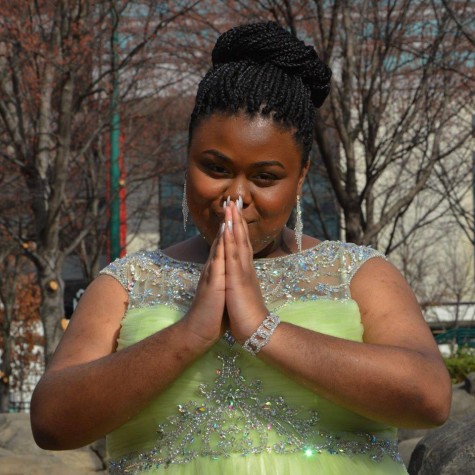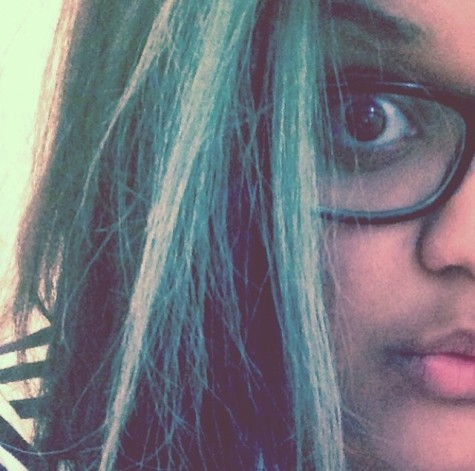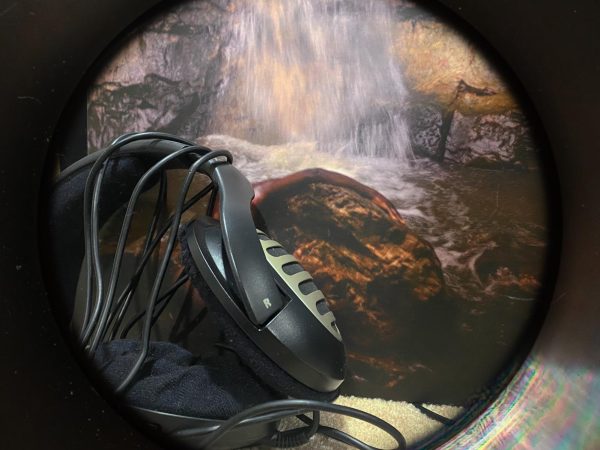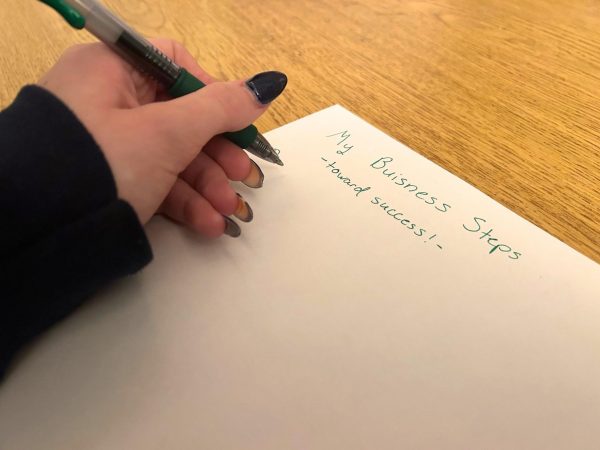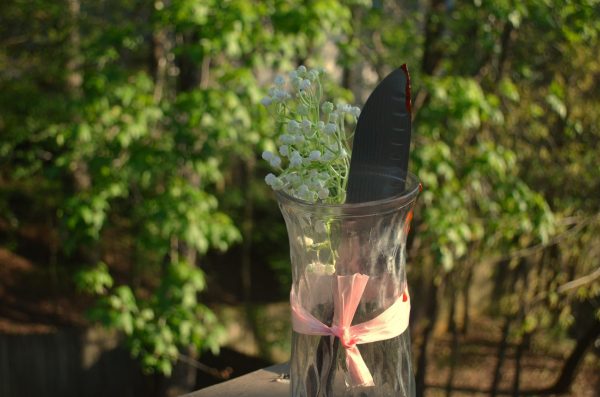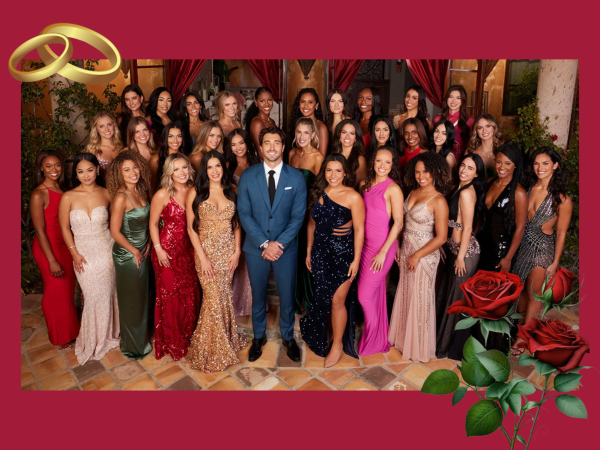Black-ish serves up hilarious take on the sitcom modern family
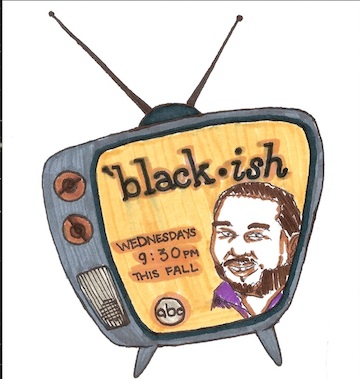
ABC hopes to fill the gap after Modern Family with a different type of modern family. With its refreshing take on Americana and black culture, Blackish might make Wednesday nights even better.
September 28, 2014
Black-ish, a new ABC sitcom written by Kenya Barris, depicts the awkward realities that the “mythical and majestic black family” must endure while living in white suburbia. Andre “Dre” Johnson (played by Anthony Anderson) works as a thriving advertising executive with a darling family, a lovely Los Angeles home, and a hilariously headstrong father (Laurence Fishburne) who everyone affectionately calls “Pops.”
In the pilot episode, Dre awaits his promotion as Senior Vice President at the advertising firm but receives a major disappointment when given the title Senior Vice President of the Urban Division (which he deems white people language for “black stuff”).
His son Andre Jr. (Marcus Scribner) wants to try out for a sport other than basketball, goes by a less-than-ethnic nickname “Andy,” and decides to plan a Bar Mitzvah.
“Pops,” who dresses like the great uncle at cookouts, blurts out passive-aggressive statements concerning Dre’s family and frequently expresses his disappointment in their lackluster cultural lives. And because Dre respects Pops’ opinion, he agrees that his family should “act black” and not “blackish.”
Some critics called Andre’s character underdeveloped, but in fact, his characterization fits the role. As a baffled African-American man searching for a common ground, he debates between the “successful black person” image and the “successful person who happens to be black” image. Either way, he assumes his skin color landed him head of the urban division.
“If you had joined that black firm like I told you, you would’ve been Mr. President five years ago,” Pops added after Andre first mentioned his promotion.
Throughout the first episode, the Johnson family distinguishes between traditional and stereotypical. While sitting around for a family dinner, Dre’s wife Rainbow (Tracee Ellis Ross) cooked oven-fried chicken, and Pops wonders whether deep fried chicken “is too black” for Rainbow’s liking.
Rainbow’s name precisely fits her character’s identity. As a biracial woman, she does not concern herself with “preserving black culture” or enforcing stereotypical behaviors in her children. She supports Andy’s decision to put aside the “Johnson family jump shot” and try out for the field hockey team, but do not mistake this for denial. Rainbow considers herself black, and for those who dismiss her blackness, she points to her curly hair and big butt for clarification.
Andy’s character perfectly illustrates family generation gaps and how they affect family interactions. Although he bears his father’s name, his personality differs.
While his activities act as the most obvious example, his nickname proves most symbolic. Nicknames are given as trademarks, and clearly Andy’s identity derails from Mr. Dre’s ideology.
Zoey Johnson (Yara Shahidi), the typical teenage daughter, does not possess distinctive character traits yet besides her sassy comments and cell phone addiction. Perhaps Barris will strengthen her role later in the season.
Needless to say, the 6-year old twins, Jack and Diane (Miles Brown and Marsai Martin), will steal the show. Innocently clueless about race, they distinguish their black peer by her turkey burger odor.
Filled with symbolism, Black-ish has grand potential. While whimsical and seemingly dubious in some scenes, it illustrates more realism than credited. No full-bellied laughs yet, but several hearty chuckles existed within the first viewing. The script sounds advanced, although some lines required more thought to reach a higher level of humor. The overall animated appearance and visual appeal makes for pleasant viewing.
Of course, a sitcom concerning race relations sounds like controversy, but Barris executes this plan in a tasteful manner. Although the series revolves around Dre preserving his black culture, another major theme surfaces throughout the pilot—privilege. Raising spoiled child with fairy tale perceptions of the world remains a common concern among parents, not just ones with brown skin.
And as for Cosby Show comparisons, I cannot see a resemblance. The Cosby Show showcased an upper class African-American family, but the Huxtable children remained cultured without centering their lives around it. The Johnsons, however, need help “keeping it real,” as Dre calls it. The Bernie Mac Show comes to mind, though.
All in all, Black-ish has heart, luster, and room to grow, which I think is its greatest trait.
The Chant’s grade: B+




